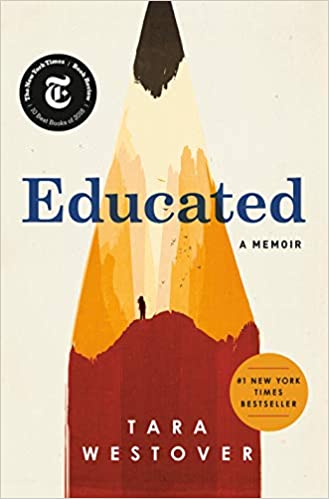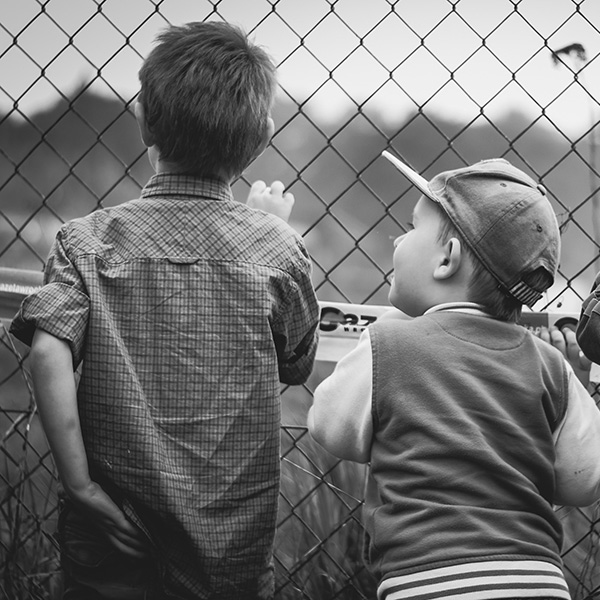Category: Parenting
-

Picking the scab off the nuclear family
The nuclear, 2-parent family, the gold standard of American parenting, is a relatively new concept. In the past and present, America and communities around the world function well—perhaps better—with a more communal approach to raising children. The pandemic, I’ve noticed, has been picking at the scab that holds the nuclear family together. Quarantined families, in…
-

Educated: A belated book review
At the time it was published, I tried to ignore the chatter about “Educated” by Tara Westover. But this book is far from the “homeschooling as child abuse” story that I expected.
-

Think this generation will be “left behind”? Think again.
I wrote this piece for my blog, and then it was picked up by Growing Up in Santa Cruz. Read it on their site. I think it’s an important topic for parents to keep in mind as we struggle through this period of pandemic and distance learning.
-

For goodness sake, parents, be nice to your teachers, OK?
We’re all in this together, right? So don’t start the conversation by blaming your teacher. Make sure that you are taking responsibility for your part, too!
-

5 things to do TODAY to help your kids settle in to online classes
Help make your child’s first week of online courses smoother and more fun for everyone.